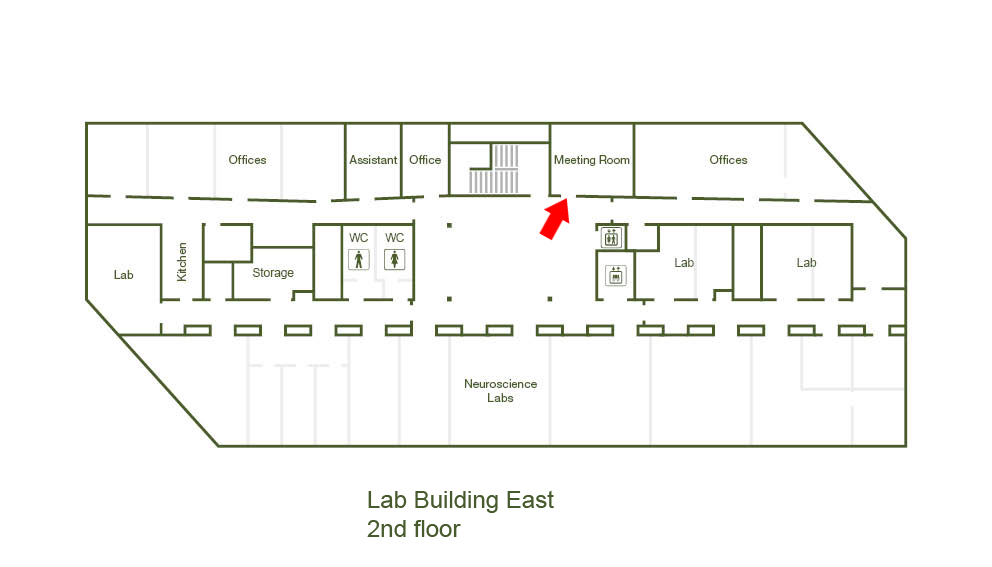Nucleoid Exclusion contributes to the immortality of E. coli cell lineages
Date:
Monday, December 4, 2017 10:30 - 12:00
Speaker:
Ramakanth Neeli-Venkata (Laboratory of Biosystem Dynamics (LBD), BioMediTech Institute, Tampere University of Technology, Finland)
Location:
Meeting room 3rd floor / Lab Bldg East (I06.03.211)
Series:
Life Sciences Seminar
Host:
Martin Loose
Contact:
Loose Martin

Cellular aging is an inevitable process prevalent across both unicellular and multicellular organisms. The bacterium Escherichia coli serves as a model to study the process of aging in vivo. One cause of aging in these organisms is the accumulation of protein aggregates within the cells resulting in decreased metabolic and reproductive capabilities. Recent evidences have shown that the protein aggregates, formed as a result of environmental stress or errors in protein homeostasis, are generally sequestered into inclusion bodies (IBs) that get localized at the cell poles. However, the underlying mechanisms that contribute to the segregation and preferential polar localization of these protein aggregates were still unknown. To address this, using Escherichia coli as our model organism, we investigated and validated our hypothesis that the presence of the nucleoid at the mid-cell is responsible for the organisms ability to exclude protein aggregates to the cell poles. We referred to this phenomenon as nucleoid exclusion that propels the protein aggregates to become located at the cell poles. Combined with multiple symmetric division events, this results in the formation of renewed cells void of protein aggregates, thus perpetuating the cell lineages. We have further characterized the robustness of this nucleoid exclusion mechanism to external perturbations and stressful environmental conditions. Overall, our results conclude that the presence of nucleoid at the mid-cell, due to its higher density than cytoplasm contributes to the polar segregation of protein aggregates inside the cell. Our studies provide new and relevant mechanistic insights about the role of nucleoid as a spatial organizer of protein aggregates and its contribution to cellular aging mechanisms in E. coli.